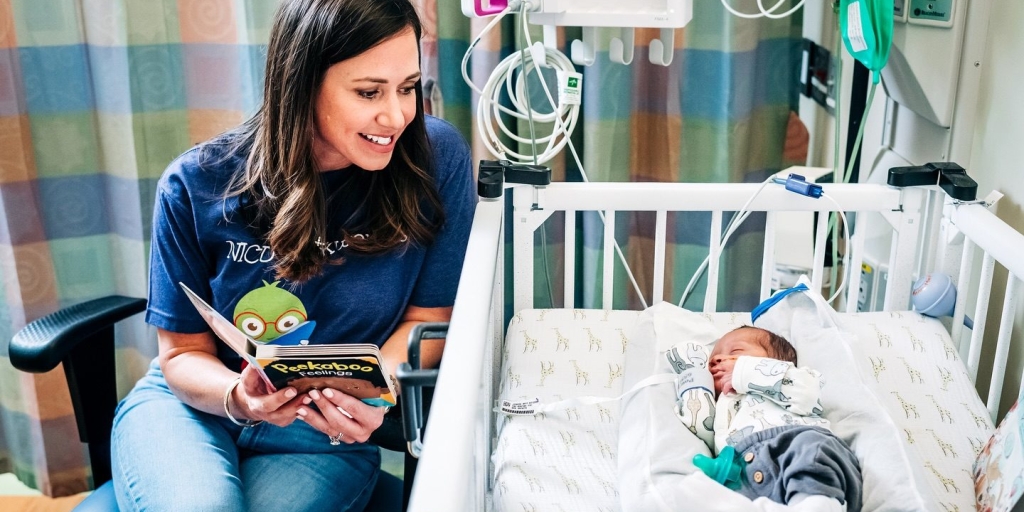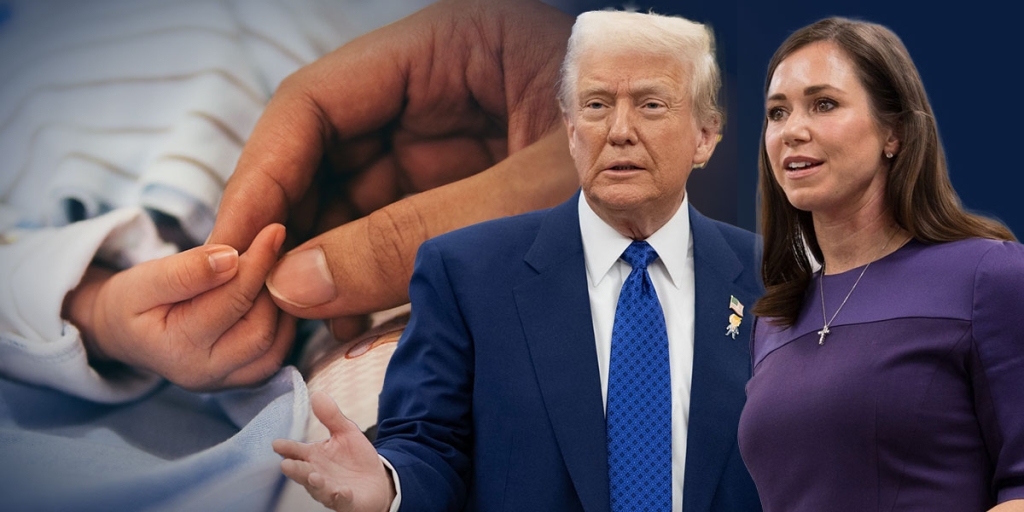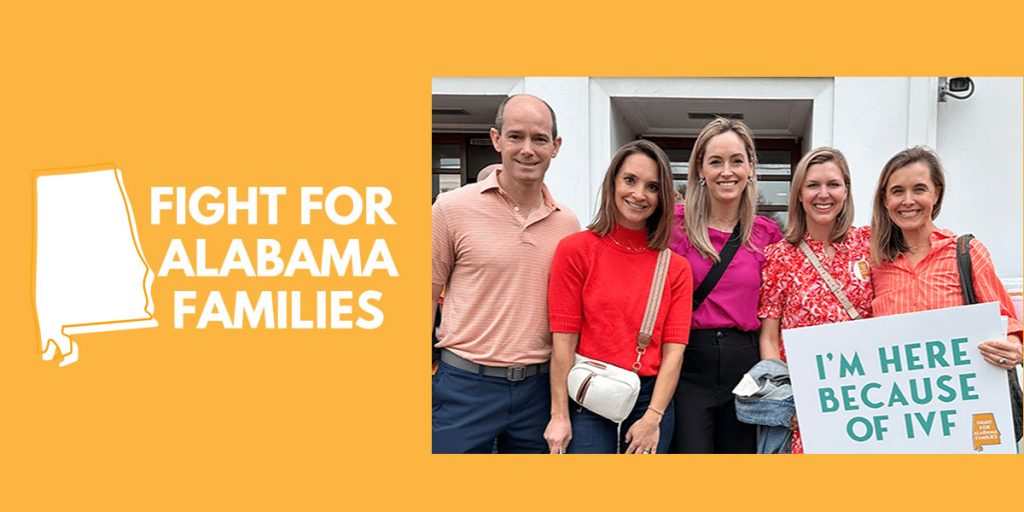In Tuesday night’s presidential debate between former President Donald Trump and Vice President Kamala Harris, when the subject of in vitro fertilization (IVF) came up, Harris falsely accused Trump of denying families access to IVF, a treatment recognized by one-in-four Americans.
In response, President Trump referenced the expedient action taken by members of the Alabama Legislature and Governor Kay Ivey earlier this year, which arose during the state legislative session unexpectedly following a ruling by the Alabama Supreme Court in late February, which was dealt with in early March.
“I have been a leader on IVF, which is fertilization. I have been a leader,” Trump said. “In fact, when they got a very negative decision on IVF from the Alabama courts, I saw the people of Alabama and the Legislature two days later voted it in.”
RELATED: Reed, Ledbetter detail Alabama lawmakers’ approach to IVF: ‘Be very focused, get wise counsel’
Even before the legislative process ran its course in Alabama, state leaders spoke out immediately following the ruling, including Governor Ivey, U.S. Senator Katie Britt, and Donald Trump himself, who formally issued a call to state lawmakers to pass protections for those who provide or receive IVF treatments in the days following the ruling.
Among state lawmakers, the process Trump referenced during the debate was not only swift, but also deeply thoughtful.
Alabama Senate President Pro Tem Greg Reed and Speaker of the House Nathaniel Ledbetter detailed the considerations legislators were making personally and politically midway through the session during the Yellowhammer News annual leadership forum.
RELATED: Trump calls on Alabama lawmakers to ensure IVF availability – ‘I strongly support’
“This was a very significant issue to me and Alabamians,” said Reed (R-Jasper). “It was a very emotional topic, and rightfully so. But I don’t have, we don’t have, many of our members do not have, a medical background. We have two medical doctors that are in the Senate: Tim Melson, Larry Stutts.
“We had a section in our caucus meeting where we stopped everything we were doing in the caucus meeting. Those two men took over the conversation, and for 20 minutes, explained what is going on here and why this is such an important issue – what happens with the procedures, why the procedures are done the way they are, all the elements associated with it – which was exactly what we need to do on that topic.
“First off, what we tried to tell our members was, ‘slow down, even though it’s very emotional, we can’t make a bad decision on something just over the weekend.’ So, we slowed down and we took a look at it.”
Speaker Ledbetter shared that a neighbor’s family member called him to say she and her husband were about to start the clinical process just a week after the ruling was handed down.
“All the money that they had spent, and all the shots and everything she had taken to get ready, if she couldn’t do that, she loses all of that,” Ledbetter (R-Rainsville) said. “All of us have been affected by it, including myself, and families that have went through the process. I had calls from a number of our members saying, ‘hey, what are we gonna do? This is important to people in my district, and important to the families, important to my family.’
“We knew we had to do something,” Ledbetter said.
Grayson Everett is the state and political editor for Yellowhammer News. You can follow him on X @Grayson270.













